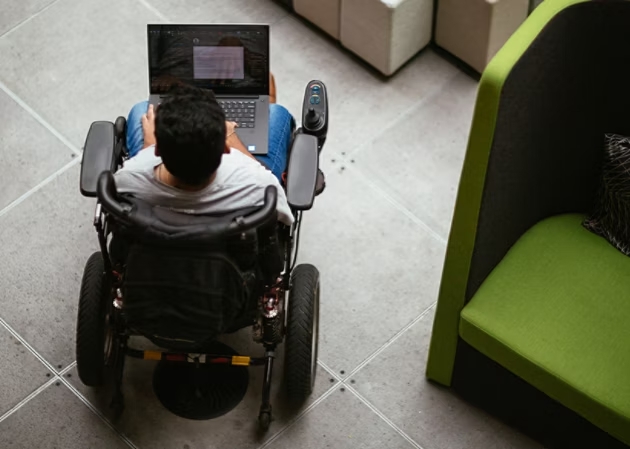Context:
Individuals with disabilities often encounter significant barriers in accessing higher education and pursuing careers in technology. These challenges contribute to underrepresentation in the tech industry and limit opportunities for personal and professional growth. Addressing these disparities is essential to fostering a more inclusive and diverse technological landscape.
Solution:
Microsoft has established the Disability Scholarship to empower high school seniors living with disabilities to pursue undergraduate studies in technology-related fields. The scholarship awards $5,000 annually, renewable for up to four years, to support recipients in obtaining degrees in engineering, computer science, computer information systems, law, business, or related disciplines. Eligible applicants must demonstrate a passion for technology, leadership qualities, and financial need. The application process includes submitting academic transcripts, an essay outlining a technological innovation to enhance the lives of people with disabilities, and a letter of recommendation.
Impact:
By alleviating financial obstacles, the Microsoft Disability Scholarship enables students with disabilities to access higher education and develop skills necessary for careers in technology. This initiative not only supports individual academic and professional aspirations but also contributes to diversifying the tech industry. Encouraging the inclusion of individuals with diverse abilities fosters innovation and ensures that technological advancements are reflective of and accessible to a broader population. Through this scholarship, Microsoft demonstrates its commitment to creating a more inclusive society where everyone has the opportunity to achieve more.













